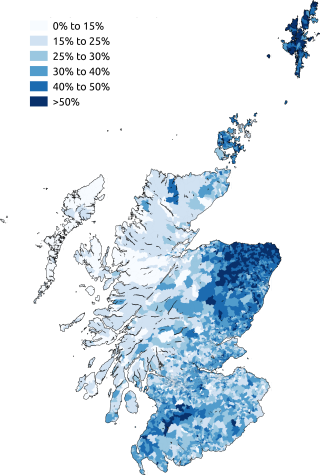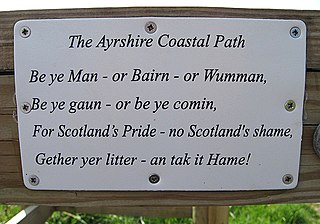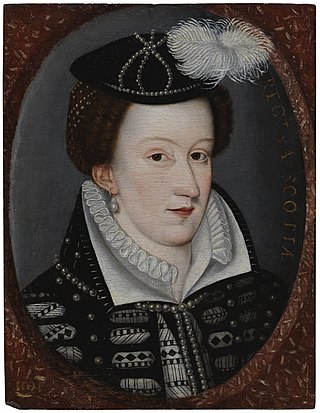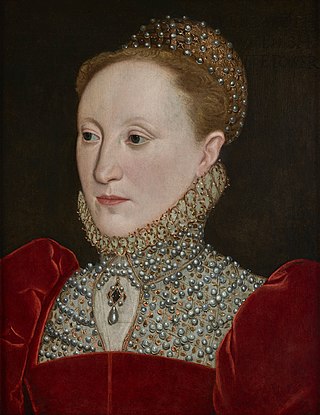Related Research Articles

Hogmanay is the Scots word for the last day of the old year and is synonymous with the celebration of the New Year in the Scottish manner. It is normally followed by further celebration on the morning of New Year's Day and, in some cases, 2 January—a Scottish bank holiday. In a few contexts, the word Hogmanay is used more loosely to describe the entire period consisting of the last few days of the old year and the first few days of the new year. For instance, not all events held under the banner of Edinburgh's Hogmanay take place on 31 December.

Monday is the day of the week that takes place between Sunday and Tuesday. According to the International Organization for Standardization's ISO 8601 standard, it is the first day of the week.

Doric, the popular name for Mid Northern Scots or Northeast Scots, refers to the Scots language as spoken in the northeast of Scotland. There is an extensive body of literature, mostly poetry, ballads, and songs, written in Doric. In some literary works, Doric is used as the language of conversation while the rest of the work is in Lallans Scots or British English. A number of 20th and 21st century poets have written poetry in the Doric dialect.

Scots is an Anglic language variety in the West Germanic language family, spoken in Scotland and parts of Ulster in the north of Ireland. Most commonly spoken in the Scottish Lowlands, Northern Isles, and northern Ulster, it is sometimes called Lowland Scots to distinguish it from Scottish Gaelic, the Goidelic Celtic language that was historically restricted to most of the Scottish Highlands, the Hebrides, and Galloway after the sixteenth century; or Broad Scots to distinguish it from Scottish Standard English. Modern Scots is a sister language of Modern English, as the two diverged independently from the same source: Early Middle English (1150–1350).

A red envelope, red packet, hongbao or ang pau is a gift of money given during holidays or for special occasions such as weddings, graduations, and birthdays. It originated in China before spreading across parts of Southeast Asia and other countries with sizable ethnic Chinese populations.
The Glasgow dialect, also called Glaswegian, varies from Scottish English at one end of a bipolar linguistic continuum to the local dialect of West Central Scots at the other. Therefore, the speech of many Glaswegians can draw on a "continuum between fully localised and fully standardised". Additionally, the Glasgow dialect has Highland English and Hiberno-English influences owing to the speech of Highlanders and Irish people who migrated in large numbers to the Glasgow area in the 19th and early 20th centuries. While being named for Glasgow, the accent is typical for natives across the full Greater Glasgow area and associated counties such as Lanarkshire, Renfrewshire, Dunbartonshire and parts of Ayrshire, which formerly came under the single authority of Strathclyde. It is most common in working class people, which can lead to stigma from members of other classes or those outside Glasgow.

Shortbread or shortie is a traditional Scottish biscuit usually made from one part white sugar, two parts butter and three to four parts plain wheat flour. Shortbread does not contain any leavening, such as baking powder or baking soda. Shortbread is widely associated with Christmas and Hogmanay festivities in Scotland, and some Scottish brands are exported around the world.

The merk is a long-obsolete Scottish silver coin. Originally the same word as a money mark of silver, the merk was in circulation at the end of the 16th century and in the 17th century. It was originally valued at 13 shillings 4 pence, later raised to 14s. Scots.
Craic or crack is a term for news, gossip, fun, entertainment, and enjoyable conversation, particularly prominent in Ireland. It is often used with the definite article – the craic – as in the expression "What's the craic?", meaning "How are you?" or "What's happening?". The Scots and English crack was borrowed into Irish as craic in the mid-20th century and the Irish spelling was then reborrowed into English. Under both spellings, the term has become popular and significant in Ireland.

A touch piece is a coin or medal believed to cure disease, bring good luck, influence people's behaviour, carry out a specific practical action, etc.
A Scotticism is a phrase or word, used in English, which is characteristic of Scots.

Modern Scots comprises the varieties of Scots traditionally spoken in Lowland Scotland and parts of Ulster, from 1700.

Prior to the Reformation of 1560, Christmas in Scotland, then called "Yule" or in Gaelic-speaking areas "Nollaig", was celebrated in a similar fashion to the rest of Catholic Europe. Calderwood recorded that in 1545, a few months before his murder, Cardinal Beaton had "passed over the Christmasse dayes with games and feasting". However, the Reformation transformed attitudes to traditional Christian feasting days, including Christmas, and led in practice to the abolition of festival days and other church holidays, the Kirk and the state being closely linked in Scotland during the Late Middle Ages and the Early Modern period. A 1640 Act of the Parliament of Scotland abolished the "Yule vacation and all observation thereof in time coming".
A Birthday Hansel, Op. 92, is a song cycle for 'high voice' and harp composed by Benjamin Britten and set to texts by Robert Burns. The last song cycle that Britten wrote, it was composed in honour of the Queen Mother's 75th birthday, at the request of her daughter, Elizabeth II.
Thomas Foulis was a Scottish goldsmith, mine entrepreneur, and royal financier.

Nicolas or Nicoll Elphinstone was a Scottish courtier and diplomatic messenger. He was the son of Lawrence Elphinstone of Selmys, 1435–1515. He worked for James Stewart, Regent Moray and was involved in attempts to sell the jewels and pearls of Mary, Queen of Scots in 1567 and 1568. Moray needed to raise money to govern Scotland and subdue Mary's supporters by force.

The jewels of Mary, Queen of Scots (1542–1587), are mainly known through the evidence of inventories held by the National Records of Scotland. She was bought jewels during her childhood in France, adding to those she inherited. She gave gifts of jewels to her friends and to reward diplomats. When she abdicated and went to England many of the jewels she left behind in Scotland were sold or pledged for loans, first by her enemies and later by her allies. Mary continued to buy new jewels, some from France, and use them to reward her supporters. In Scotland her remaining jewels were worn by her son James VI and his favourites.

Drinksilver was a kind of tip or gratuity given to artisans in Early Modern Scotland, a sum of money suitable for buying drinks and celebrating. Records of payments give insights into labour, service, and patronage.

John Tamworth was an English courtier, Member of Parliament (1563), and ambassador to Scotland.
References
- ↑ Michael Quinion, "World Wide Words: Handsel". Retrieved 7 May 2013
- 1 2 Holidays, Festivals, and Celebrations of the World Dictionary, s.v. "Handsel Monday," Detroit: Omnigraphics, Inc., 2010. Retrieved 7 January 2013,
- ↑ Handsel at Scots Language Centre Archived 2013-07-05 at archive.today . Retrieved 4 July 2013
- ↑ John Trotter Brockett, A glossary of north country words, in use, 1st edition, 1 vol., Newcastle upon Tyne: 1825.
- ↑ Definition at Merriam-Webster. Retrieved 4 July 2013
- ↑ "The History of Ireland". Archived from the original on 26 July 2013.
- ↑ "Scotslanguage.com - Fergusson's Daft Days". www.scotslanguage.com.
- ↑ "Dictionary of the Scots Language:: SND :: feast".
- ↑ "Dictionary of the Scots Language:: SND :: daft".